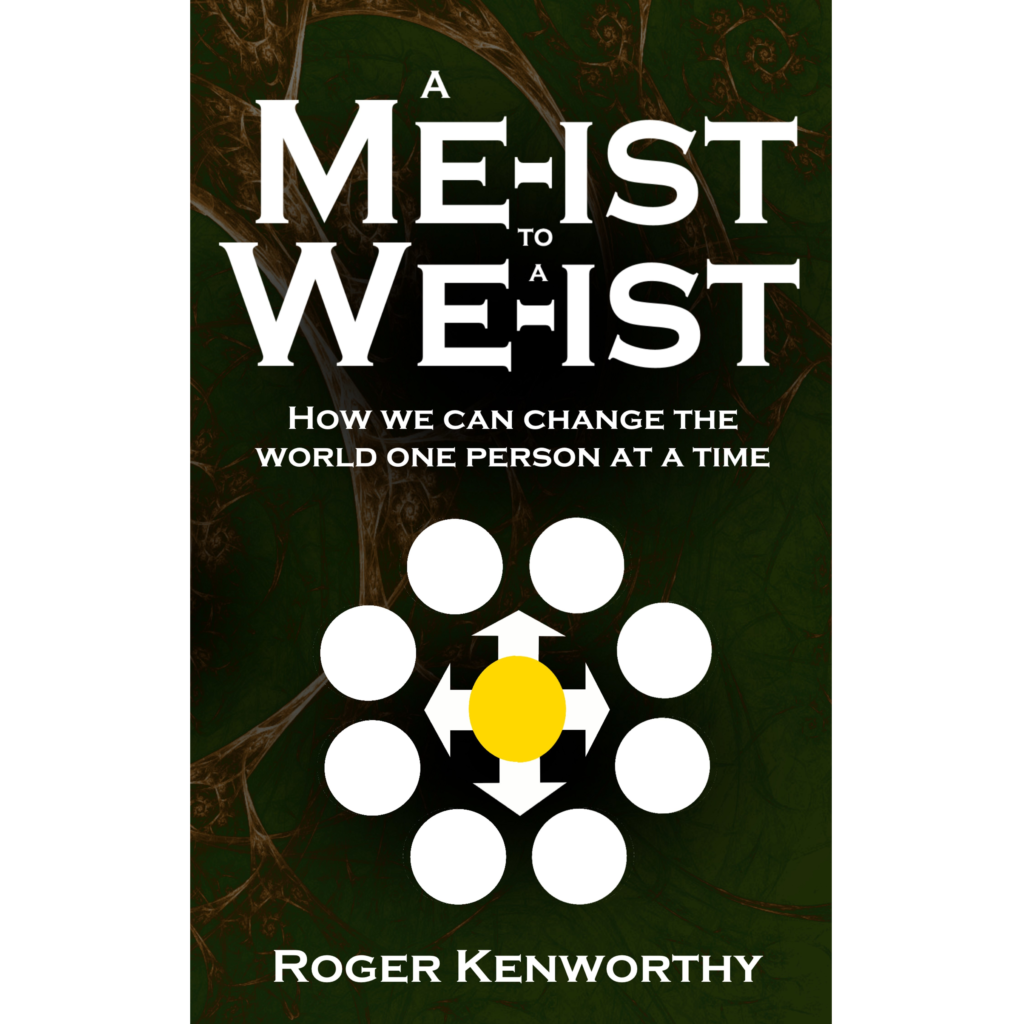
CHAPTER 3
Don’t Judge Others
It’s difficult to become a We-ist when you’re plagued with being judgmental of other’s behaviour for their selfish ways or actions; your colleagues taking too long lunchbreaks; a overweight runner on the treadmill at the gym; or ‘they’ are always disagreeing with your decisions. Let’s face it; we all lose our patience with the way our friends and family members act at times. Is it realistic to be completely judgment free? Perhaps, the best we can do is to be vigilant and work on damage control. If we realize even a slight improvement in our Self and the number of times we judge those around us, isn’t this walking on the correct path to real change? Therefore, it appears to me that judging others provides the potential to experience real growth in your life as you make strides to be less judgmental in those situations. When we judge others and their behaviour, are we judging them or are we judging our self? The Dean of Personal Development, Earl Nightingale, believes that we are holding up a mirror of our Self because “judging someone does not define who they are; it defines who we are.” It might be our own insecurities that prompt our judgmental words, actions, and thoughts.
So, as we judge our colleagues for taking those extra minutes for their lunch, are we looking at our own behaviour and our own (in)ability to control our time? Or, as we frown inside when we see that fat runner on the treadmill, are we worrying about our own bodies becoming overweight as the years in our lives add up? Perhaps, when we judge our partner who questions or disagrees with every decision we make in life, we have innate fear that we are making the wrong decision, but this fear manifests as judging the other person’s reaction to us? In the end, a recent blog by Shola (2017), sums up what is brewing within our minds as we criticize the actions and words of those around us; “usually, we harshly judge others because we do the same to ourselves.” Isn’t this the truth? Accordingly, when I judge someone for being late for an appointment, I’m really saying that my way is the correct way, the only way, to live life and there’s little tolerance for not living up to my standards of behaviour.
Our judgment of other’s actions and words act to reinforce our own core values, beliefs, and assumptions that ultimately, create our reality. As we pass judgment, we are able to comprehend how ‘their’ core values, beliefs, and assumptions fit in with ours. Here’s the problem; according to Dutta (2017), “everything in life looks morally incorrect and wrong, until we do that thing ourselves. What we don’t do ourselves is often unacceptable to our mind.” If different, we build a wall between us; if similar we build bridges. We may see that judging others negatively, who are different than we are, is morally and ethically wrong, but still, it is difficult to change our thoughts, words, and actions. If we see our own prejudices as they are, we must live with those or even more alarming, we must change to be more accepting of those who values and beliefs of life are not the same as ours.
When we judge others, we add negative energy to our inner and outer world. Do we need to increase negative energy with the state our world is in at this moment? I don’t believe so; to make changes in our lives and our world we need to live with more positive thoughts, words, and actions which will create more positive energy. Once again, here’s a wonderful opportunity for personal growth in your life. We cannot live within a realm of negative and positive energy at the same time; it’s scientifically impossible. So, it’s either one or the other and we have complete control over what state of energy we live within. Since judging our family members, colleagues, and friends is mired in negative energy, it simply is not possible to add to the greater good of the planet when we judge others. There is no way that anyone can rationalize being judgmental helps the Me-ists of the world become We-ists. Think, speak, and act positive towards those you once judged. Imagine a world where there is an abundance of understanding and positivity rather than judging and negativity.
What’s the fuss about living in a state of negative energy? There is much to be concerned about and this is proven by modern day science, not just the words of the poets or writers. The trillions of cells that comprise our body respond to our thoughts, words, and actions much the same way as they are influenced by pharmaceutical drugs and our internal juices (Pert, 2010). Stress can result from negative thoughts, words, or actions, and when this occurs, our bodies react by creating a cornucopia of chemicals that include adrenaline, norepinephrine, and cortisol. Their release in our body is associated with surviving when trouble strikes; while helpful at the time of danger (shutting down what bodily functions are not needed, such as digestion, growth, and reproductive system), if our bodies keep producing cortisol, for example, when not required, this leads to serious damage. Klein (2013) reports that “Too much cortisol can suppress the immune system, increase blood pressure and sugar, decrease libido, produce acne, contribute to obesity and more.” Passing judgment upon those around us draws negatives towards us, and soon we are languishing in ill-conceived chemicals that result from negative energy.
Grab a copy of this book at Amazon (hard copy is just $12.99) or Amazon Kindle (digital copy is only $5.99); it could help change your world. After reading, please write a review which really helps me share my thoughts with others who need help to achieve what they need and desire. Thanks!
